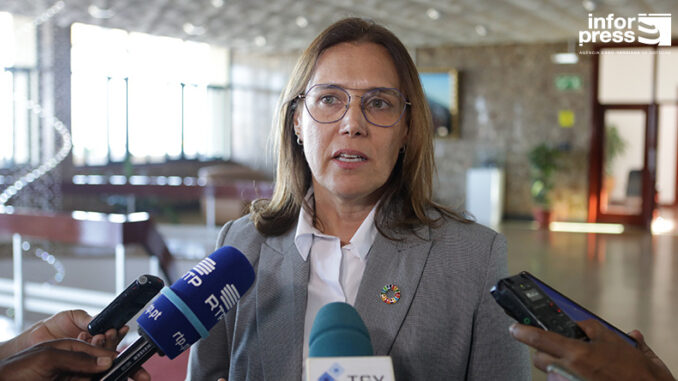
Cape Verde has already reached half of the indicators of the 17 Sustainable Development Goals (SDGs), but there are many areas with setbacks and others with insufficient data to identify trends, according to information released by the United Nations on November 30.
The data was presented, in the city of Praia, during a meeting of the monitoring committee of the Cooperation Framework between the parties (2023-2027), reporting a “rapid evolution” especially in health (SDG 3), in which the goals are practically being achieved.
However, even in this area, there is a “setback” in non-communicable diseases, more specifically in the number of deaths from cancer, and “insufficient progress” in the coverage of essential health services.
The country is still registering “rapid progress” in the eradication of poverty (SDG 1), although with difficulties in increasing the population covered by social protection schemes.
In the eradication of hunger (SDG 2), Cape Verde is practically reaching the goal of ending malnutrition in children under five years of age, but has “insufficient progress” in moderate or severe food insecurity and growth delays in children with less than five years.
In education, the country is well positioned in terms of schooling parity index, in schools with access to basic services and in teachers (secondary) with minimum qualifications, but there is “insufficient” data to identify the trend in completion rates in all education levels, meaning the country will have “difficulties” in achieving its targets.
Another area in which the target is “achieved or practically achieved” well before 2030 is the reduction of inequalities (SDG 10), as well as the proportion of women in management positions (SDG 5) or the proportion of the population covered by a mobile network (SDG 9).
Conversely, there are many other areas in which the country is experiencing setbacks, such as the weight of renewable energy in electrical production (SDG 7 — renewable energy), the proportion of informal employment in total employment (SDG 8 — decent work) and in non-classic accommodation/lack of housing conditions (SDG 11).
